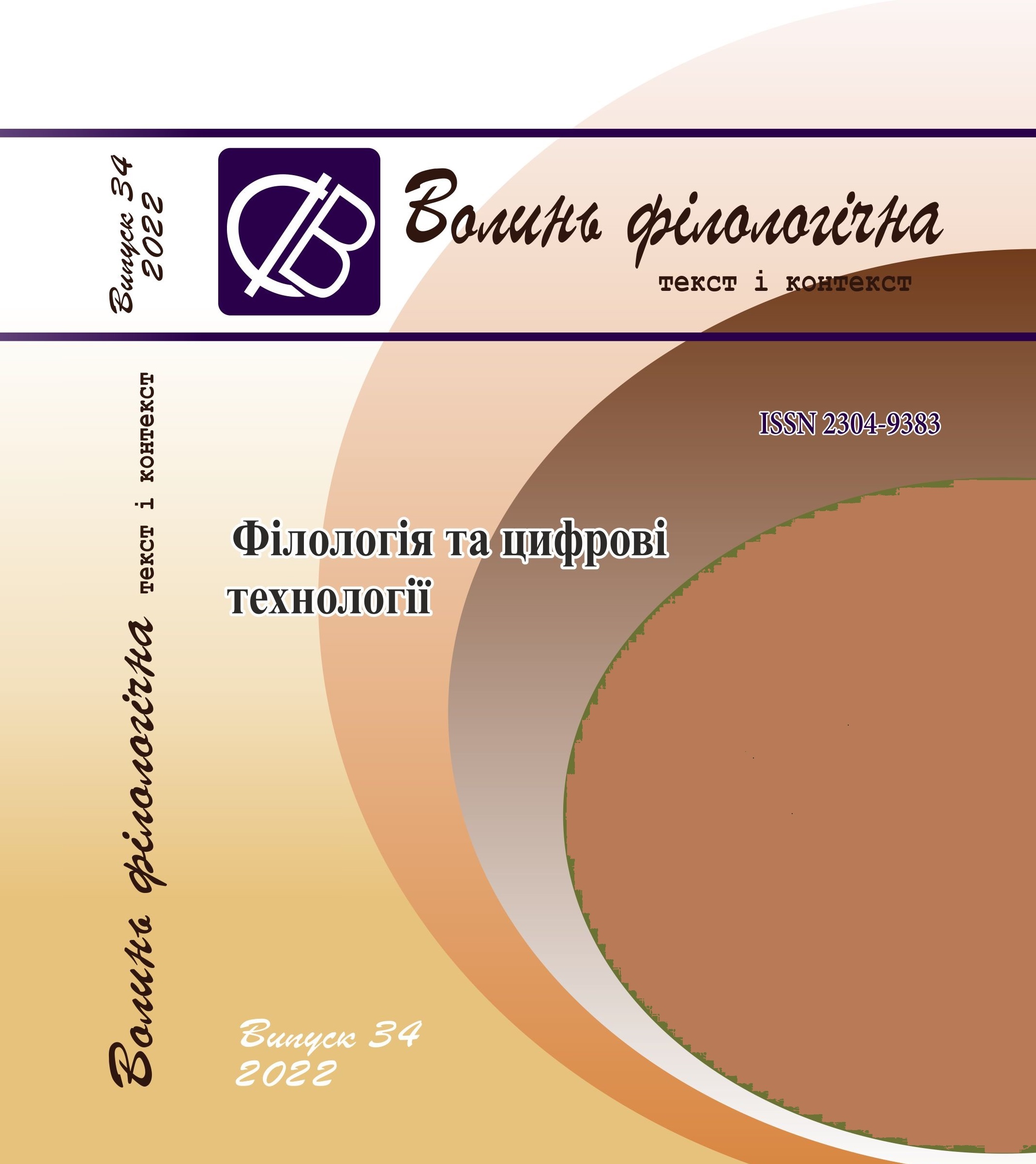“It is the Kind of Art which Currently Reigns Almost Indiscriminately in Literature”: History and Theory of the Novel in Ivan Franko’s Literary Research
Keywords:
genology, novel, genre, historical poetics, character development, socio-psychological novel, psychological novel, instrospectionAbstract
The article analyzes Ivan Franko’s contribution to the investigation in the novel history and theory. The intelligence methodology combines consistent geneological analysis and elements of cultural-historical and comparative-historical approaches. The significance of the Ukrainian scholar’s findings in genological studies has been remarked. Among others, it has been accentuated that novel analysis was among his top priorities. In terms of historical poetics of the novel, Franko propagated its evolutionary development, gradual expansion of
coverage and eventual establishment as a dominant literary form. The author of the aesthetic treatise “From the secrets of poetic art” traced out the development of the novel and identified therein turning or tipping moments when the genre, being affected by social turmoil and literary efforts of new generations of writers, found new prospective opportunities for expansion and improvement. The scholar believed that the ancient novel with its standard depiction of love stories since the triumph of Christianity survived in the form of a spiritual novel, which while retaining an engaging plot of the prototype puts forward the propagandistic function and promotes spiritual values. Having taken the baton from the Christial spiritual novel, the knighthood novel focuses on the person of the proactive protagonist, however, it offers no developmnet of the character. The domination of the knighthood novel was interrupted by Cervantes and his “Don Quixote”. The ingenious Spaniard lay the basis of the socio-psychological novel which was finally shaped only in the 19th c. and demonstrated the ultimate expansion of the genre boundaries of this genological unit. It was on this modern stage of the genre’s life that Franko concentrated his efforts, having outlined a whole set of its constitutive elements and recognizable features. Among the most significant ones are the increased role of internal eventfulness, interiorization of the narration when the author while keeping in mind the acuteness and dynamics of the plot chooses to roam the labyrinth of the human soul and perceive the most covert motives of behaviour. Scientific novelty: we interpret I. Franko's geneological definitions of the novel as the result of a deep study of the history of the genre, clarification of the peculiarities of his modern life and taking into account his personal writing experience. Franko’s valuable findings in the realm of novel studies were implemented in the writer’s literary works, which proved his unique skill to harmoniously combine theory and practice.

